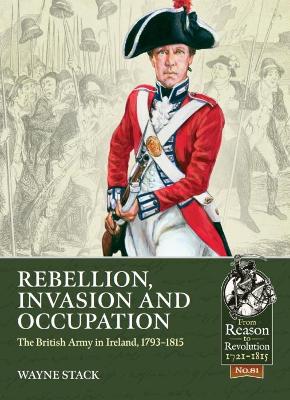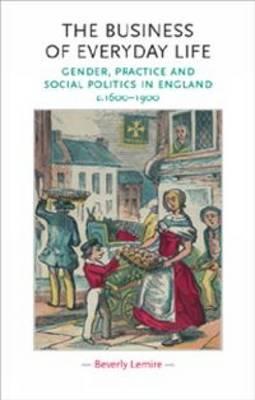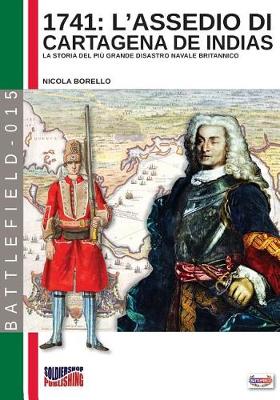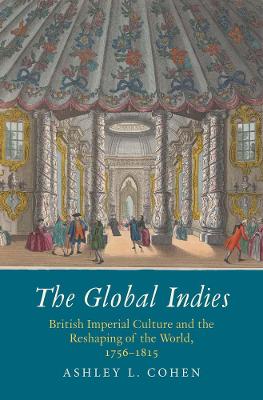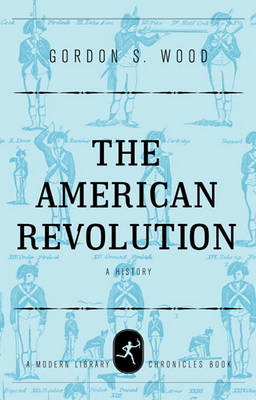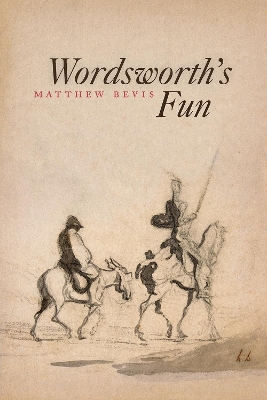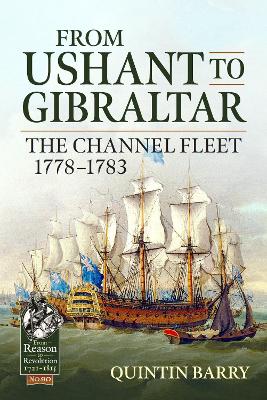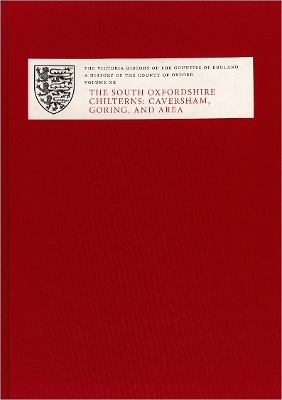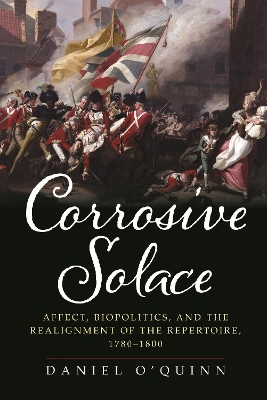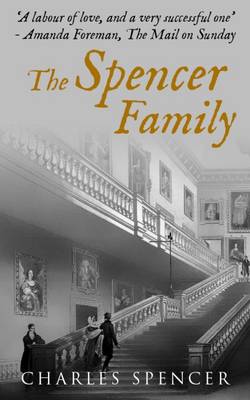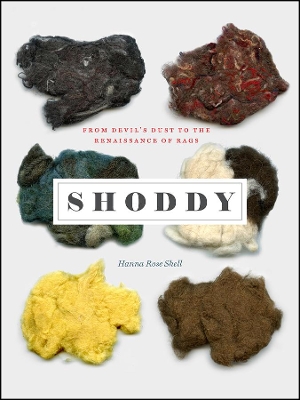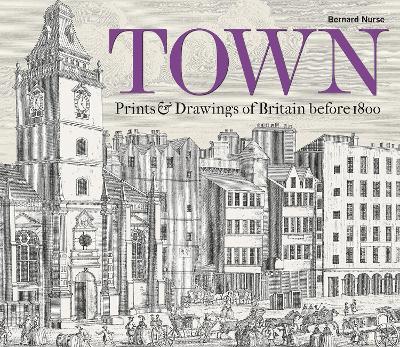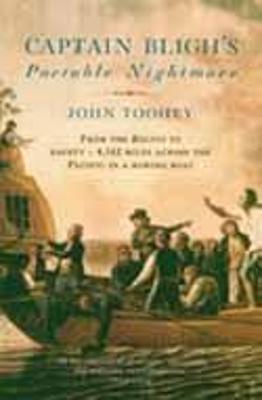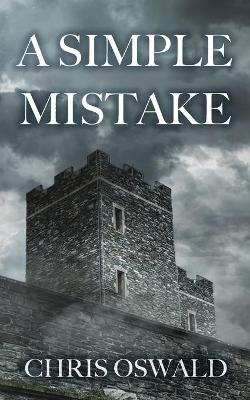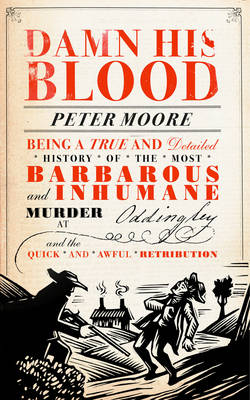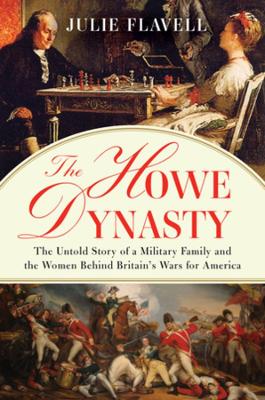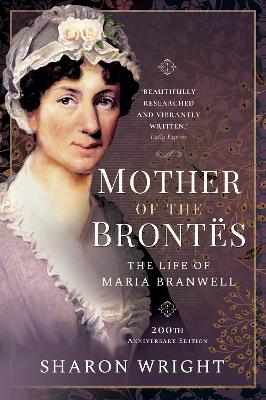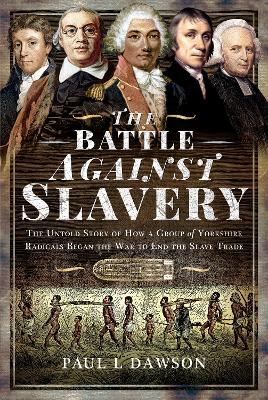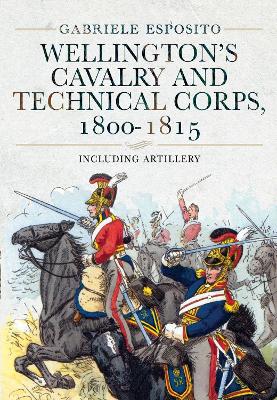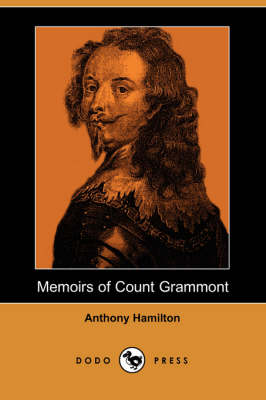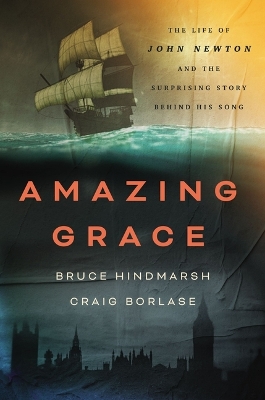Rebellion, Invasion and Occupation (From Reason to Revolution)
by Wayne Stack
The history of Ireland is complex, and has been plagued with religious, political, and military influences that have created divisions within its population. Ireland's experience throughout the French Revolutionary and Napoleonic Wars highlighted and intensified such divisions that have influenced Irish society into the twenty-first century. Rebellion, Invasion and Occupation is an analysis of the British Army in Ireland during the period 1793 to 1815, which proved to be a critical era in Britis...
Revenge is sweet Her Enemy at the Altar An unexpected end to the Wincanton-Stuart feud...? In a world where the ideal woman is supposed to be delicate and fragile, Lady Constance Stuart is neither of those, and resigned to a life alone. Except Aaron Wincanton is not the slightest bit afraid of her, something Connie finds most disconcerting. Especially as the Wincanton family are her greatest enemy!...
In times past, everyday business might mean making a trip to the pawnbroker, giving a loan to a trusted friend of selling off a coat, all to make ends meet. Both women and men engaged in this daily budgeting, but women's roles were especially important in achieving some level of comfort and avoiding penury. In some communities, the daily practices in place in the seventeenth century persisted into the twentieth, whilst other groups adopted new ways, such as using numbers to chart domestic affair...
The Global Indies (The Lewis Walpole Series in Eighteenth-Century Culture and History)
by Ashley L. Cohen
A study of British imperialism's imaginative geography, exploring the pairing of India and the Atlantic world from literature to colonial policy In this lively book, Ashley Cohen weaves a complex portrait of the imaginative geography of British imperialism. Contrary to most current scholarship, eighteenth-century Britons saw the empire not as separate Atlantic and Indian spheres but as an interconnected whole: the Indies. Crisscrossing the hemispheres, Cohen traces global histories of race,...
The American Revolution (Library of America: The American Revolution Collection, #1) (Modern Library Chronicles)
by Gordon S. Wood
NEW YORK TIMES BESTSELLER “An elegant synthesis done by the leading scholar in the field, which nicely integrates the work on the American Revolution over the last three decades but never loses contact with the older, classic questions that we have been arguing about for over two hundred years.”—Joseph J. Ellis, author of Founding Brothers A magnificent account of the revolution in arms and consciousness that gave birth to the American republic. When Abraham Lincoln sought to define...
"The next day Wordsworth arrived from Bristol at Coleridge's cottage.... He answered in some degree to his friend's description of him, but was more quaint and Don Quixote-like." These words from William Hazlitt present a Wordsworth who differs from the one we know--and as Matthew Bevis argues in his radical new reading of the poet, a Wordsworth who owed his quixotic creativity to a profound feeling for comedy. Wordsworth's Fun takes us on a journey through the poet's debts to the ludic and th...
The Victoria History of the County of Oxford: Volume XX (Victoria County History)
Drawing on intensive new research, this volume covers a dozen ancient parishes straddling the south-west end of the Chiltern hills, set within a large southwards loop of the Thames close to Reading, Wallingford, and Henley-on-Thames. London, connected by river, road, and (later) rail, lies some 40 miles east. The uplands feature the dispersed settlement and wood-pasture typical of the Chilterns, contrasted with nucleated riverside villages such as Whitchurch and Goring. Caversham, formerly "a li...
In Corrosive Solace, Daniel O’Quinn argues that the loss of the American colonies instantiated a complex reorganization in sociability and politics in the British metropole that has had long-lasting effects on British national and imperial culture, which can be seen and analyzed within its performative repertoire. He examines how the analysis of feeling or affect can be deployed to address the inchoate causal relation between historical events and their mediation. In this sense, Corrosive Solace...
An insider's history of the Spencer family, this book tells the family's story from the sheepfarmers of the 16th century through the Civil War and then the relationship with the Marlboroughs, on through the 19th century when the third Earl was one of the architects of the 1832 Reform Bill, to recent years and the death of Princess Diana. In the last chapter, Charles Spencer writes about his own views of the family's history and what hopes he has for the future.
You know shoddy: an adjective meaning cheap and likely poorly made. But did you know that before it became a popular descriptor, shoddy was first coined as a noun? In the early nineteenth century, shoddy was the name given to a new textile material made from reclaimed wool. Shoddy was, in fact, one of the earliest forms of industrial recycling as old rags and fabric clippings were ground into "devil's dust" and respun to be used in the making of suits, army uniforms, carpet lining, mattress stuf...
'Delightful... The Hidden Horticulturists pulsates with the extraordinary energy and excitement of the time.' Daily MailChosen as one of the Sunday Telegraph's 'Top Ten Gardening Books of the Year' _____________________The untold story of the remarkable young men who played a central role in the history of British horticulture and helped to shape the way we garden today.In 2012, whilst working at the Royal Horticultural Society's library, Fiona Davison unearthed a book of handwritten notes that...
Provincial towns in Britain grew in size and importance in the eighteenth century. Ports such as Glasgow and Liverpool greatly expanded, while industrial centres such as Birmingham and Manchester flourished. Market towns outside London developed as commercial centres or as destinations offering spa treatments as in Bath, horse racing in Newmarket or naval services in Portsmouth. Containing over 100 images of towns in England, Wales and Scotland, this book draws on the extensive Gough collectio...
Captain Bligh's Portable Nightmare is the account of an extraordinary journey, a great achievement in the history of European seafaring and a personal triumph for a man that has been misjudged by history. At dawn on 28 April 1789, Captain William Bligh and eighteen men from the Bounty were herded onto a 23 foot boat and abandoned in the middle of the Pacific. Captain Bligh's Portable Nightmare is the extraordinary story of the 6,705 kilometre journey that the boat made to Java. It was...
'Damn him!' he swore. 'There is no more harm in shooting him than a mad dog!'The brutal murder of the Reverend George Parker in the rural village of Oddingley on Midsummer's Day in 1806 - shot and beaten to death, his body set on fire and left smouldering in his own glebe field - gripped everyone from the Home Secretary in London to newspapermen across the country. It was a strange and stubborn case. The investigation lasted twenty-four years and involved inquests, judges and coroners, each more...
In December 1774, Benjamin Franklin met Caroline Howe, the sister of British Admiral Richard and General William Howe, in a London drawing room for "half a dozen Games of Chess". As Julie Flavell reveals, the games concealed a matter of the utmost diplomatic urgency, a last-ditch attempt to forestall the outbreak of war. Aware that the Howes, both the men and the women, have seemed impenetrable to historians, Flavell investigated the letters of Caroline Howe, which have been overlooked for centu...
The groundbreaking biography of Maria Branwell reveals a remarkable woman who has been lost in the shadows of her gifted children, Charlotte, Emily and Anne Bronte. The witty, clever and intrepid Cornish lady of letters, lover of Patrick and mother of genius has been missing for too long. The extraordinary Brontes were a family like no other and it all began when Maria met Patrick.
On 13 December 1776, the Rev. William Turner preached the first avowedly anti-slavery sermon in the North of England. Copies of his sermon were distributed far and wide -in so doing, he had fired the first shot in the battle to end slavery had begun. Four years later, Rev. Turner, members of his congregation and the Rev. Christopher Wyvill founded The Yorkshire Association' to agitate for political and social reform. The Association sought universal suffrage, annual parliaments and the aboliti...
Wellington's Cavalry and Technical Corps, 1800-1815
by Esposito, Gabriele
While artillery has been described as the queen of the Napoleonic battlefield, this was an era when cavalry could still play a decisive role in battle, as well as being vital on campaign. This volume covers both British cavalry and artillery of the Napoleonic Wars, as well as supporting units such as engineers. Gabriele Esposito describes the history, organization and uniforms of the various units in full detail, following the evolution and combat history of each. Mounted troops deployed in the...
Europe and the British Geographical Imagination, 1760-1830
by Associate Professor Paul Stock
